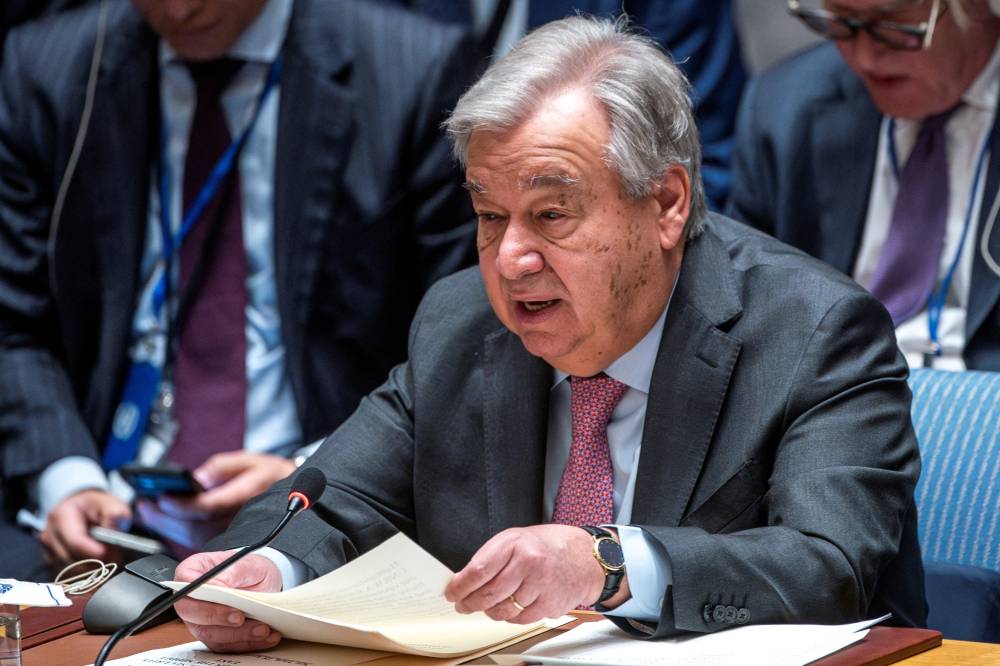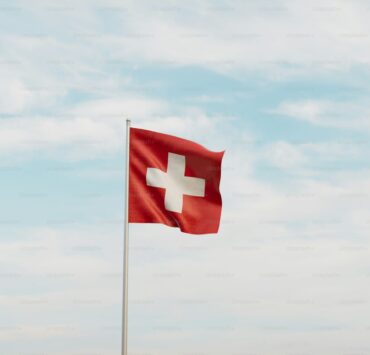UN adopts pact promising to build ‘brighter future’

UNITED NATIONS—The United Nations on Sunday adopted a “Pact for the Future” aimed at addressing sprawling 21st-century challenges ranging from conflict to climate change and human rights, despite last-minute objections from a group of countries led by Russia.
Secretary General Antonio Guterres, who organized the “Summit of the Future,” had billed it as a “once-in-a-generation opportunity” to reshape human history by rekindling international cooperation.
As an opening act for the annual high-level week of the UN General Assembly, which begins on Tuesday, dozens of heads of state and government gathered for the signing of the text.
In the adopted version, leaders pledged to bolster the multilateral system to “keep pace with a changing world” and to “protect the needs and interests of current and future generations” facing “persistent crisis.”
56 ‘actions’
“We believe there is a path to a brighter future for all of humanity,” the document says.
The pact outlines 56 “actions,” including commitments to multilateralism, upholding the UN Charter and peacekeeping.
It also calls for reforms to international financial institutions and the UN Security Council, along with renewed efforts to combat climate change, promote disarmament and guide the development of artificial intelligence.
The adoption of the text faced a brief delay when Russia’s deputy minister of foreign affairs, Sergey Vershinin, introduced an amendment emphasizing the “principle of non-interference in the internal affairs of states” and urging the UN to avoid duplicating efforts.
Russia’s objections were backed by allies Belarus, North Korea, Iran, Nicaragua and Syria, but its amendment was overwhelmingly dismissed in a motion to take no action.
‘Vision, courage’
During the negotiations phase, Guterres had urged nations to show “vision” and “courage,” calling for “maximum ambition” to strengthen international institutions that struggle to respond effectively to today’s threats.
But while there are some “good ideas,” the text “is not the sort of revolutionary document reforming the whole of multilateralism that Antonio Guterres had originally called for,” Richard Gowan of the International Crisis Group told Agence France-Presse (AFP).
That sentiment was widely shared among diplomats, many of whom expressed frustration when discussing the ambition and impact of the text, describing it as “lukewarm,” “the lowest common denominator” and “disappointing.”
“Ideally, you would hope for new ideas, fresh ideas,” said one diplomat.
AFP is one of the world's three major news agencies, and the only European one. Its mission is to provide rapid, comprehensive, impartial and verified coverage of the news and issues that shape our daily lives.

















